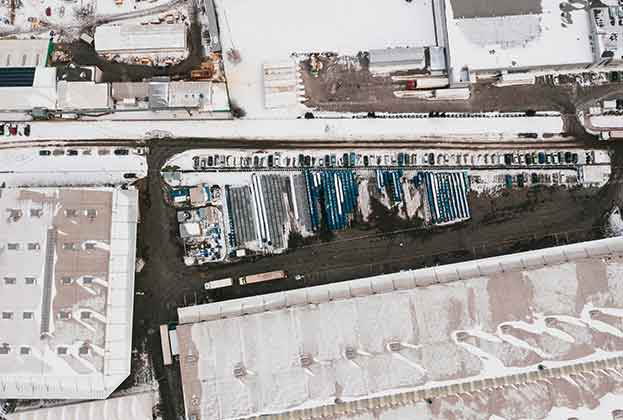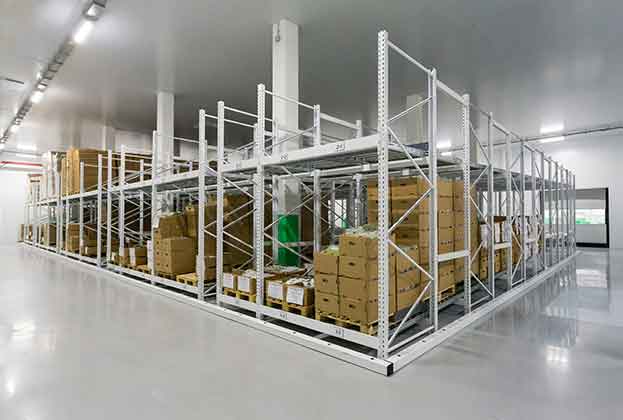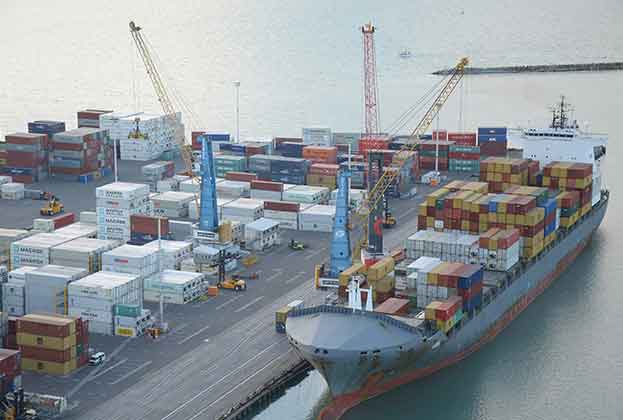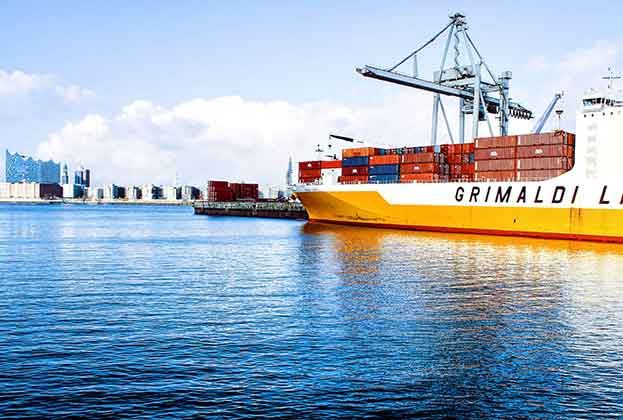Up until now, rarely would you associate a shiny new London skyscraper with an industrial warehouse unit. But the City of London Corporation’s possible plans to force office developers to provide consolidation centres to control all deliveries could see a new sub-sector emerge in the industrial market.
The growing popularity of online shopping and the large number of deliveries made to office workers on a daily basis has undoubtedly contributed to the City’s congestion and poor air quality. Each new building that goes up brings with it several hundred new occupiers who will want their parcels pronto, which, given the historical architecture of London and its notoriously narrow streets, is simply not sustainable.
One possible solution to the problem is off-site consolidation centres, which could reduce the number of vehicles during peak times and operate night time deliveries for non-urgent goods.These centres channel all deliveries into the one major depot, from which they are delivered to their final destination via the most appropriate and efficient method. Last year, AXA’s 22 Bishopsgate was the first City of London scheme to gain planning permission on this basis. Essentially, all deliveries will have to go through an off-site consolidation centre both once the skyscraper is built as well as during construction.
Consolidation centres are not new: deliveries to shops on Regent Street and at Heathrow Airport have run a similar system for years. However, this is the first time that office buildings have been forced to consider such a requirement and it could have major implications for the industrial sector particularly as supply is already tight (warehouse space has fallen by as much as 71 per cent since 2009).
The idea behind consolidation centres has been driven by policy decisions to counter the negative environmental impact created by the insatiable consumer demand for online retail. Going forward, the City of London Corporation has even considered the use of electric only vehicles and drones to tackle the issue.
While the concept of consolidation centres appears to conflict directly with the instant delivery phenomena, it is not likely to threaten it. Rather it will challenge people to question whether receiving their package within the hour is really a necessity.
With the environment high up on the City’s agenda and as the appetite for online retail continues, it is likely that we will see further calls for consolidation. If consolidation centres become a prerequisite for achieving planning consent or if policy forces existing occupiers down this route, then we could start to see office occupiers and developers dipping their toes into industrial waters.
Further information
Contact Savills Industrial & Logistics
.jpg)

.jpg)





.jpg)

.jpg)